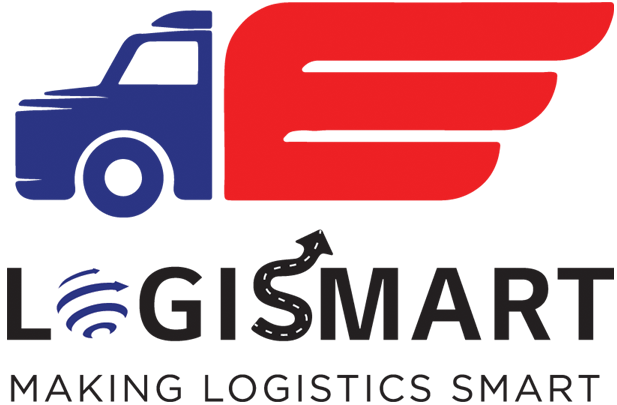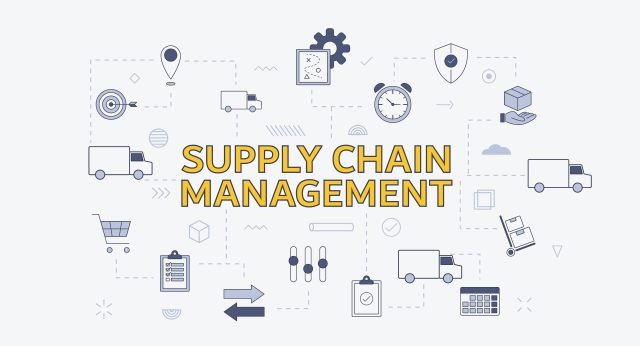Logistics Management is a function of Supply Chain Management that focus on
the planning, implementation and control of the storage and flow of goods and
services in anticipation of or response to recurrent customer demand. Logistics
Management is therefore an integral component of any successful organization
because a company grows its customer base, it requires advanced freight and
transport handling techniques to sustain its operational efficiency. A fully
functional logistics department within an organization satisfies customer demand
by ensuring that the suppliers, transporters, loaders, the accountants and other
important stakeholders along the supply chain are efficiently coordinated to
provide the customer with the demanded goods promptly and in the best quality.
Logistics Management is therefore an extensive managerial function that
encompasses effective transportation networks, proper handling of productive
materials, efficient freight management, up-to-date inventory management and
customer order fulfillment.
The concept of logistics management has its origins in the military, where military
commanders rely in on efficient logistics plans to execute successful military
operations by deployment the right personnel and material to secure with minimal
loss of personnel or other resources. Similarly, product managers or marketers
rely on their knowledge of logistics management to fulfil their core mandate of
supplying goods and services demanded by customers in the most profitable and
cost-effective manner. To meet these objectives, a logistics manager needs to
coordinate the core supply chain activities of demand forecasting, order
processing, packaging, distribution communication, material traffic and
transportation, plant and warehouse site selection as well as warehousing and
storage with a view of delivering prompt and excellent customer service.
A well-functioning logistics function provides a comprehensive outlook of a
company’s supply chain, enabling the management to address potential
bottlenecks that hinder efficient delivery of goods and services. Logistics
managers use advanced transport management systems (TMS) to analyze
inbound and outbound movement of goods and services with a view to identifying
and mitigating potential causes for disruptions in the processing of customer
orders. This results in operational efficiency and enables managements to save
costs associated with pilferage along the supply chain or delays in delivery of
customers’ orders. Prompt delivery of customer orders equally creates a ripple
effect within the supply chain by improving the company’s reliability rating
amongst its clients, which in turn drives up revenues through increased orders.
The concept of logistics management has gained increased prominence in today’s
business environment due to a number of factors within the internal and external
business environments that require organizations to pursue greater efficiency in
the upstream and downstream movement of their products. To begin with, a rapid
rise in transportation costs due to adverse fluctuation in oil prices requires
companies to stringently trace the movement of products during transportation to
ensure greater cost savings. Secondly, rising competition in the era of
globalization has compelled businesses to scale up their production efficiency,
which can only be realized through efficient logistics management systems that
enable prompt and quality delivery of goods and services. Lastly, increased
customer awareness coupled with a rising concern about the product has
prompted the growth of large retail chains that require sophisticated logistics
services, raising a need for advanced logistics management knowledge to solve
the challenges of the traditional channels of product and service distribution.
Logistics managers are often charged with ensuring rapid response to customer
demands by putting in place appropriate channels to satisfy customer inquiries in
time. With the increased integration of computers and information technology in
business operations, logistics managers are expected to eliminate excessive
inventories that were traditionally stocked in anticipation of customer inquiries
and instead accomplish a rapid response to such inquiries once they are placed.
This enables response to customer needs on a shipment-to-shipment basis,
eliminating the operational deficiencies by ensuring performance commitment
from the clients before ordering for the stocking of inventories. Logistics
management also ensures minimum variance due to the occurrence of events that
disrupt the supply chain such as delays in receipt of customer orders, disruptions
in the manufacturing process or delivery of goods at a wrong customer location.
These disruptive events may lead to loss of business or additionally delivery costs
which impact negatively on revenues and profits. Logistics management
integrates information technology and positive logistics control to minimize these
variances and improve productivity.
Logistics management also enables business organizations to realize minimum
inventory by enabling managers to trace the financial value of inventories deployed
throughout the supply chain. In so doing, managers are able avoid excessive
deployment of inventories and achieve the optimum inventory costs required to
meet customer service demands. To realize the aim of minimum inventories,
logistics management aligns customer commitments with the productive velocity
for an entire firm to ensure that all productive segments are operating at the most
efficient and profitable level. In addition to achieving minimum inventories,
logistics managers also aim to reduce the cost of transportation of materials and
products along the supply chain by consolidating the inbound and outbound
movement of products and materials. The consolidation of products and materials
movements requires the logistics management function to formulate programs
that would group together small cargo shipments for consolidated movement.
Conclusively, logistics management is an integral component of supply chain
management that is aimed at ensuring productive and operational efficiency as
well as improving customer service through better management of production,
packaging, order processing and transportation of goods. The ultimate aim of
logistics management is to reduce transportation costs, improve operating cost
structure and increase revenues through increased customer commitment.

